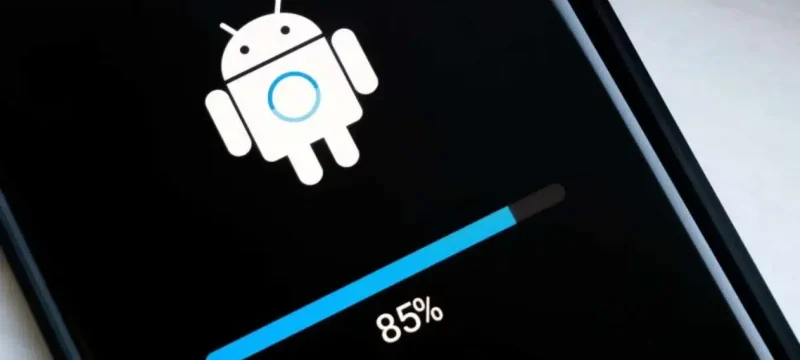The delayed rollout and subsequent issues with the Google Play System update for Android in January 2024 have highlighted some challenges in the update process. Initially released in January, the update had to be retracted due to issues that caused multiple apps to crash, screenshots not saving properly, and external storage working inconsistently.
Google has since rectified the problems and is gradually reintroducing the updated version. However, the process has been somewhat complicated for users, with a manual fix issued on February 1 requiring users to enable developer mode, download new developer tools, and input commands manually to address the buggy packages causing the issues.
Also Read: Microsoft’s Copilot: ChatGPT Now Available on Android Phones
Despite hints from Google about an automated fix, as of now, there has been no release of such a solution, leaving users waiting for further updates.
This incident also sheds light on the new format of updates introduced by Google through the Play System. These updates, delivered via the Play Store, allow for direct updates to core Android components without relying on third-party manufacturers for implementation. While this approach promises more efficient and timely updates, the recent issues with the January update highlight the importance of ensuring the functionality and stability of these updates before deployment.
Overall, the delayed rollout and subsequent issues with the Google Play System update underscore the complexity of managing updates in the Android ecosystem and the need for thorough testing to avoid disruptions for users.









